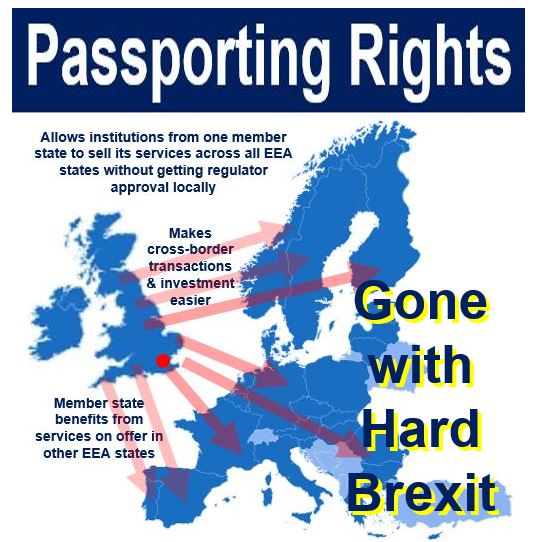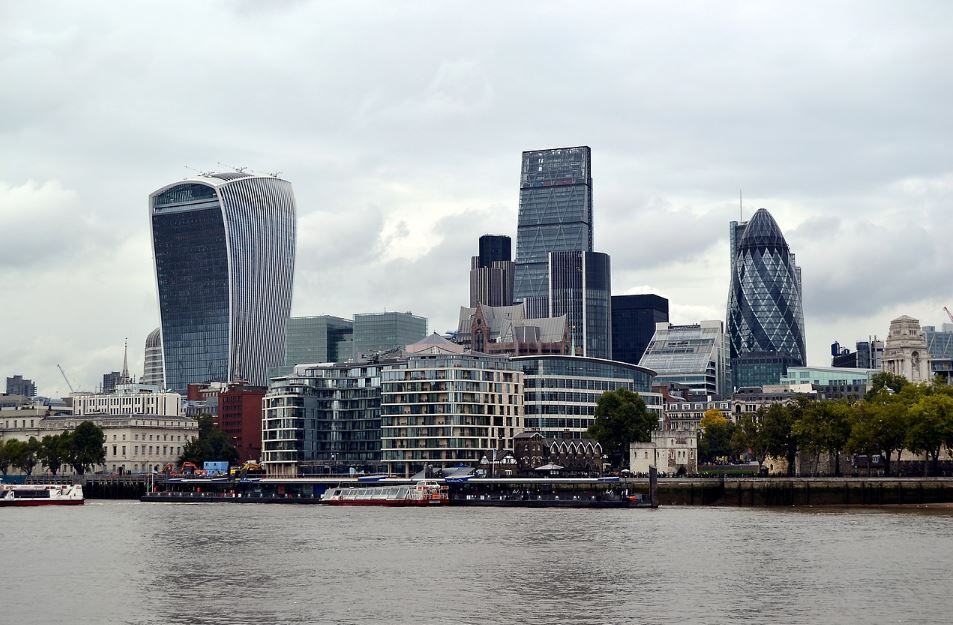The head of the British Bankers’ Association has warned that banks in London are already planning to move business elsewhere amid increasing uncertainty about the trading conditions for financial services firms in the UK capital as Brexit negotiations loom.
If the UK decides to leave the European Single Market then banks in the UK would lose their valuable “passporting” rights which allow them to operate throughout Europe without seeking separate authorization, making cross-border transactions and investments easier.
Losing these ‘passporting’ rights is a prospect many firms in London are becoming increasingly uneasy about, especially since the government said that one of its main priorities is to take full control the country’s borders – freedom of movement is one of the central pillars of the single market.

Anthony Browne, chief executive of the BBA, warned that “the public and political debate at the moment is taking us in the wrong direction.”
Smaller banks could begin moving operations overseas within weeks, Browne said, while larger firms could follow suit early next year.
“Their hands are quivering over the relocate button,” he said.

Writing in The Observer, Browne said: ” Banking is probably more affected by Brexit than any other sector of the economy, both in the degree of impact and the scale of the implications.
“It is the UK’s biggest export industry by far and is more internationally mobile than most. But it also gets its rules and legal rights to serve its customers cross-border from the EU.
“For banks, Brexit does not simply mean additional tariffs being imposed on trade – as is likely to be the case with other sectors. It is about whether banks have the legal right to provide services.”
He added “The problem comes – as seems increasingly likely, judging by the rhetoric – when national governments try to use the EU exit negotiations to build walls across the Channel to split Europe’s integrated financial market in two, in order to force jobs from London.
“From a European perspective, this would be cutting off its nose to spite its face.
“It might lead to a few jobs moving to Paris or Frankfurt but it will make it more expensive for companies in France and Germany to raise money for investment, slowing the wider economy.”
